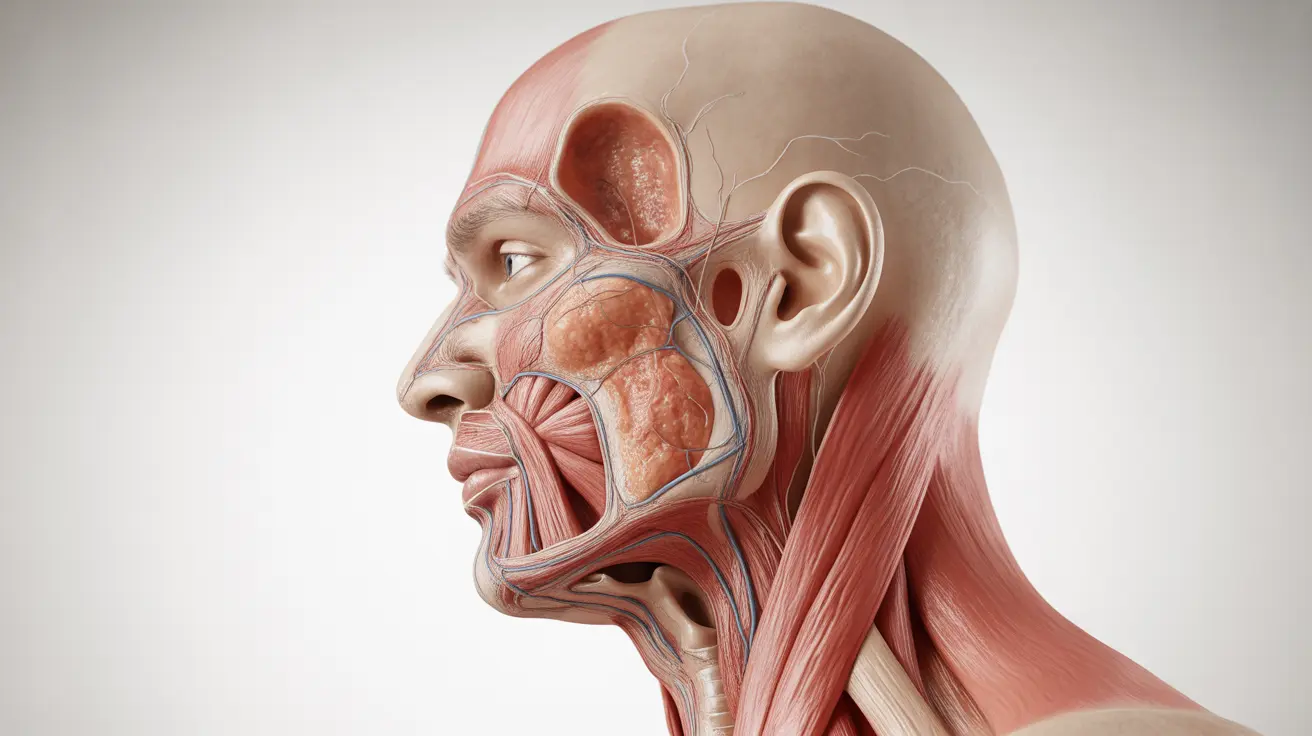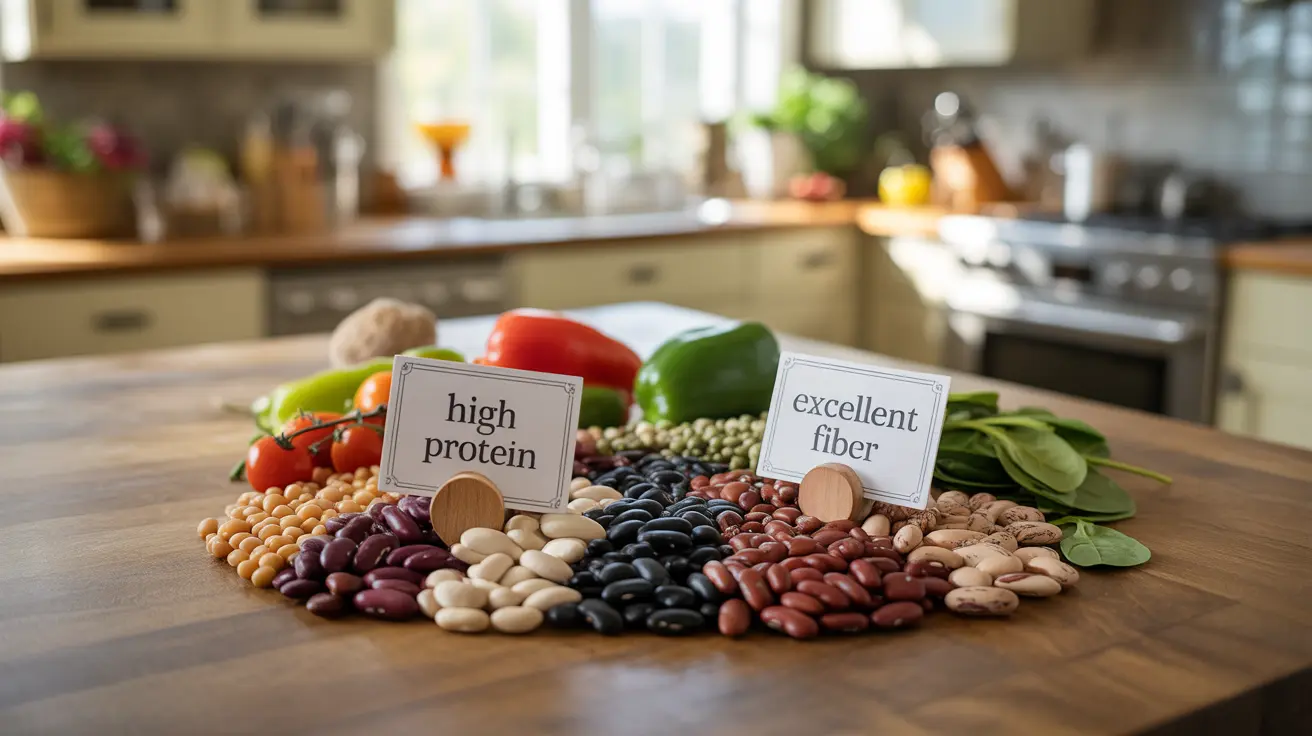The concept of negative calorie foods has captured the imagination of dieters and health enthusiasts for years. These are foods supposedly requiring more energy to digest than they contain, theoretically creating a caloric deficit. But is there truth to this popular belief, or is it simply another weight loss myth?
Understanding the real science behind negative calorie foods and their role in weight management can help you make informed decisions about your diet and nutrition goals. Let's explore what research tells us about these foods and their actual benefits for health and weight control.
What Are Negative Calorie Foods?
Negative calorie foods are typically low-calorie fruits and vegetables with high water and fiber content. The theory suggests that your body expends more calories digesting these foods than the foods themselves contain. Common examples include celery, cucumber, lettuce, and grapefruit.
However, while these foods are indeed very low in calories, the concept of "negative calories" is largely misunderstood. The thermic effect of food (TEF) – the energy used for digestion – typically accounts for only 10-20% of the calories consumed, not exceeding them.
Common Foods Often Labeled as "Negative Calorie"
Several foods are frequently cited as negative calorie options, including:
- Celery
- Cucumber
- Lettuce
- Grapefruit
- Watermelon
- Tomatoes
- Broccoli
- Cauliflower
While these foods aren't truly negative in calories, they are excellent choices for weight management due to their high nutrient density and low caloric content.
The Science Behind Food Energy and Digestion
The process of digestion does require energy, but not as much as many believe. Research shows that even foods requiring the most energy to digest only use about 20-30% of their caloric content during processing. This means that while some foods are very low in calories, none actually create a negative caloric effect.
Real Benefits of Low-Calorie Foods
Though not technically "negative calorie," these foods offer significant benefits for health and weight management:
- High water content for hydration
- Rich in essential nutrients
- High fiber content for satiety
- Natural appetite regulation
- Low energy density
- Improved digestion
Role in Weight Management
While these foods don't create a negative caloric effect, they play a valuable role in weight management by:
- Filling your stomach with fewer calories
- Providing essential nutrients
- Supporting healthy digestion
- Helping maintain proper hydration
- Contributing to meal satisfaction
Frequently Asked Questions
What are negative calorie foods and do they really cause you to burn more calories than you consume?
Negative calorie foods are low-calorie fruits and vegetables that supposedly require more energy to digest than they contain. However, scientific evidence shows that no food actually creates a negative caloric effect, as digestion typically only uses 10-20% of a food's caloric content.
Which fruits and vegetables are commonly considered negative calorie foods?
Common foods often labeled as "negative calorie" include celery, cucumber, lettuce, grapefruit, watermelon, tomatoes, broccoli, and cauliflower. While not truly negative in calories, these foods are very low in calories and high in nutrients.
Is there scientific evidence supporting the idea that negative calorie foods help with weight loss?
While there's no scientific evidence supporting the concept of negative calories, research shows these low-calorie foods can aid weight loss through their high fiber content, water content, and ability to create satiety with minimal calories.
How do negative calorie foods contribute to a healthy diet and weight management even if they don't burn extra calories?
These foods contribute to weight management by providing essential nutrients, fiber, and hydration while being very low in calories. They help create feelings of fullness, support healthy digestion, and can replace higher-calorie foods in meals.
Can eating negative calorie foods alone lead to significant weight loss without exercise or calorie control?
No, eating these foods alone won't lead to significant weight loss. Successful weight management requires a balanced approach including portion control, regular physical activity, and a varied diet containing all essential nutrients.




